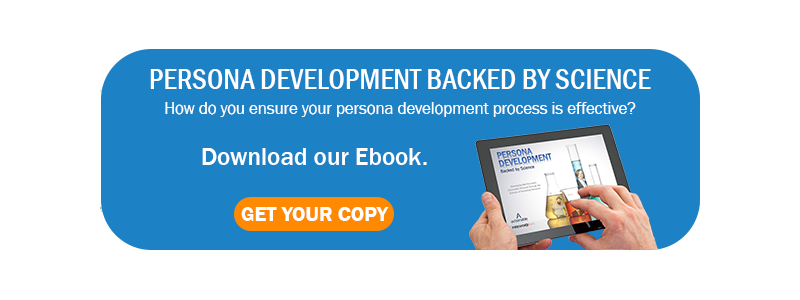
by Eileen Lee
Nov 29, 2016 10:00:00 AM
In Search of Treasure
Releasing a new product without having conducted adequate concept testing is like sailing through uncharted waters; there is the potential for unearthing treasure and untold riches, but also the possibility of getting swallowed by sea monsters.
Sadly, every year, there are millions of products being released into the open sea of the market; free to set sail, but perhaps not well equipped to weather the consequences and avoid sinking.
Luckily, manufacturers and designers now have the benefit of a fleet of expert ship makers and cartographers – professional marketing research firms.
Concept Testing - The Treasure Map
Before setting sail, we must first map our course. We want to be prepared for what’s ahead in order to assess the marketability of our current product concept and brace ourselves for any obstacles.
Market research enables us to get a better idea of the need for our solution, the perception of this product as a viable solution, how it fares against others offering similar solutions, and what can be done to maximize adoption velocity and market impact. One of the most critical components of market research, then, is the concept test. Concept testing is more than just a map – it is our treasure map.
Concept testing is research conducted to understand a concept’s strengths, weaknesses, and areas of potential improvement. We use it to anticipate what is ahead, to prepare for and implement changes. We are then well-equipped to develop market strategies based on what we have discovered.
And How Does It Do This?
It’s all in the design. The purpose of concept testing, fundamentally, is to see if customers like your product, to gauge whether they’ll actually buy it. You are essentially asking customers to design their ideal product while balancing features, price, and usability. We are gathering information upstream to sell downstream.
The design is key – systematic methodology created to test your concept in the right context, with the right people, in the right way, extracting information that results in insight into both your customer and your product. What are your customers doing every day? And how does your product fit in? How does your product offer a solution to their problem? What will they pay for the solution? When and how often will they need it? Etc.
And this methodology is where professional help becomes vital. Finding the right answers to the right questions means you are armed and ready to create a pre-launch plan to success. Measuring answers to the wrong questions inevitably leads to bloated, irrelevant, or misleading information which will steer your ship in the wrong direction.
Benefits Breakdown
-
The benefits of concept testing are simple in design, yet complex in value. A well-conducted concept test provides a controlled environment where various hypotheses and scenarios regarding the product can be tested, assessed and analyzed. It’s the shipyard – a safe harbor where sails can be checked and mended, and where courses can be re-routed.
-
Drivers for product purchase, likelihood of adoption, and predicted revenue are evaluated, and a detailed breakdown of the product’s perceived strengths and pain points is reported. This model allows us to determine which customer segments are most interested, which alternative and competitive products exist, and then provide an optimal configuration for ensuring adoption.
-
The accumulated data is then synthesized into key takeaways and actionable recommendations. Basing the results on scientific data direct from consumer-informed recommendations for corrective actions minimizes risks and thus maximizes revenue potential.
-
The benefits of concept testing are actionable. The insight and understanding that are gained are directly translatable and applicable to the design or redesign of the product itself, as well as a marketing strategy built around the tactical messaging and positioning statements which are essential to a successful product launch.
Wrapping It Up
Concept testing provides for the identification of problems and the ability to fix them prior to a product launch rather than after. The sooner concept testing is undertaken, the more flexibility there is for creating and customizing a product that customers truly want and need. Concept testing translates into a significant savings of both time and money, enabling businesses to make intelligent and well-informed decisions about the future.
So, the real question is: How much is the risk worth to you? Would you rather embark on a journey towards a treasure chest overflowing with gold and jewels, guided by an expertly-drawn map, or are you willing to risk sailing blind, being pulled down into the watery depths, left desperately scrambling for the last seat in the life raft?

